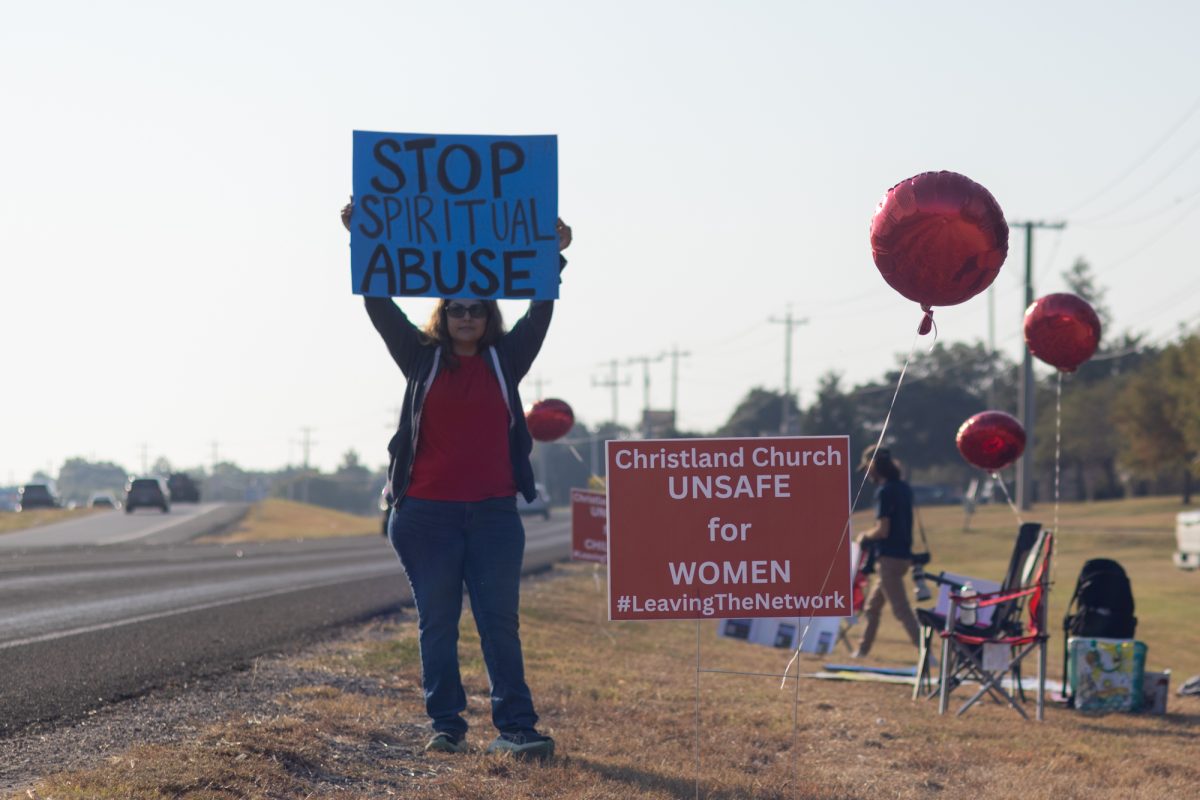According to research conducted by the Center for Disease Control and Prevention, influenza has reached epidemic status in the United States.
With the exception of Hawaii and the District of Columbia, all U.S. states and regions are reporting elevated levels of the flu and widespread outbreaks.
According to the CDC, this year’s flu season began earlier than anticipated and has most likely reached the peak of its danger. However, with more than two dozen pediatric deaths reported since October, many regions have declared a state of emergency.
“What we’re seeing this year is the influenza season started earlier and seems to be peaking right about now,” said CDC influenza expert Dr. Daniel B. Jernigan in an interview on Good Morning America on Jan. 12. “That’s about a month earlier than it normally would be peaking, so lots of cases happening, in lots of states all at the same time.”
The 69-hour shutdown of the federal government had a direct impact on the operations of the CDC, since it is a division of the U.S. Department of Health and Human Services. Former CDC Director Tom Frieden, who was at the CDC’s helm during the 2013 government shutdown, told NPR on Jan. 21 that the shutdown could mean less preparedness and slower response rates to flu complications across the country.
“It may mean that there’s less rapid response to changes in the virus, less tracking of where it’s going,” Frieden said. “Doctors in different areas would be less prepared to provide rapid treatment. And if it continues to hit hard or hits harder, more difficulty in responding and less of an understanding of what’s happening.”
In an emergency health advisory released on Dec. 27, 2017, the CDC warned of increased influenza activity associated with the particularly deadly flu strain A(H3N2).
“In the past, A(H3N2) virus-predominant influenza seasons have been associated with more hospitalizations and deaths in persons aged 65 years and older and young children compared to other age groups,” the CDC wrote. “In addition, influenza vaccine effectiveness (VE) in general has been lower against A(H3N2) viruses.”
This year’s flu vaccine does include H3N2 and is expected to be relatively effective against the strain, said Dr. Tiffany Skaggs, chief of medical staff at Texas A&M Student Health Services. In addition, antiviral medications are between 70 and 90 percent effective against the flu if started within 48 hours from exposure.
“It takes about two weeks to get immunity after a flu shot,” Skaggs said. “But it’s not too late to get one as flu season lasts until March.”
In Texas alone, the number of flu-related deaths has more than doubled to 2,355 from 1,155 just two weeks ago, according to the Houston Chronicle. This figure includes four pediatric deaths, which brings the national tally to 30 this flu season.
To prevent the flu, Student Health Services recommends taking some basic preventative measures such as staying home from class when contagious.
“In addition to the seasonal flu vaccine, everyday preventive actions such as staying away from sick people and washing your hands helps to protect you against the flu,” Skaggs said. “There are prescription antiviral medications, such as Tamiflu, that help to reduce symptoms by about one day.”
According to research conducted by the Center for Disease Control and Prevention, influenza has reached epidemic status in the United States.
With the exception of Hawaii and the District of Columbia, all U.S. states and regions are reporting elevated levels of the flu and widespread outbreaks.
According to the CDC, this year’s flu season began earlier than anticipated and has most likely reached the peak of its danger. However, with more than two dozen pediatric deaths reported since October, many regions have declared a state of emergency.
“What we’re seeing this year is the influenza season started earlier and seems to be peaking right about now,” said CDC influenza expert Dr. Daniel B. Jernigan in an interview on Good Morning America on Jan. 12. “That’s about a month earlier than it normally would be peaking, so lots of cases happening, in lots of states all at the same time.”
The 69-hour shutdown of the federal government had a direct impact on the operations of the CDC, since it is a division of the U.S. Department of Health and Human Services. Former CDC Director Tom Frieden, who was at the CDC’s helm during the 2013 government shutdown, told NPR on Jan. 21 that the shutdown could mean less preparedness and slower response rates to flu complications across the country.
“It may mean that there’s less rapid response to changes in the virus, less tracking of where it’s going,” Frieden said. “Doctors in different areas would be less prepared to provide rapid treatment. And if it continues to hit hard or hits harder, more difficulty in responding and less of an understanding of what’s happening.”
In an emergency health advisory released on Dec. 27, 2017, the CDC warned of increased influenza activity associated with the particularly deadly flu strain A(H3N2).
“In the past, A(H3N2) virus-predominant influenza seasons have been associated with more hospitalizations and deaths in persons aged 65 years and older and young children compared to other age groups,” the CDC wrote. “In addition, influenza vaccine effectiveness (VE) in general has been lower against A(H3N2) viruses.”
This year’s flu vaccine does include H3N2 and is expected to be relatively effective against the strain, said Dr. Tiffany Skaggs, chief of medical staff at Texas A&M Student Health Services. In addition, antiviral medications are between 70 and 90 percent effective against the flu if started within 48 hours from exposure.
“It takes about two weeks to get immunity after a flu shot,” Skaggs said. “But it’s not too late to get one as flu season lasts until March.”
In Texas alone, the number of flu-related deaths has more than doubled to 2,355 from 1,155 just two weeks ago, according to the Houston Chronicle. This figure includes four pediatric deaths, which brings the national tally to 30 this flu season.
To prevent the flu, Student Health Services recommends taking some basic preventative measures such as staying home from class when contagious.
“In addition to the seasonal flu vaccine, everyday preventive actions such as staying away from sick people and washing your hands helps to protect you against the flu,” Skaggs said. “There are prescription antiviral medications, such as Tamiflu, that help to reduce symptoms by about one day.”









